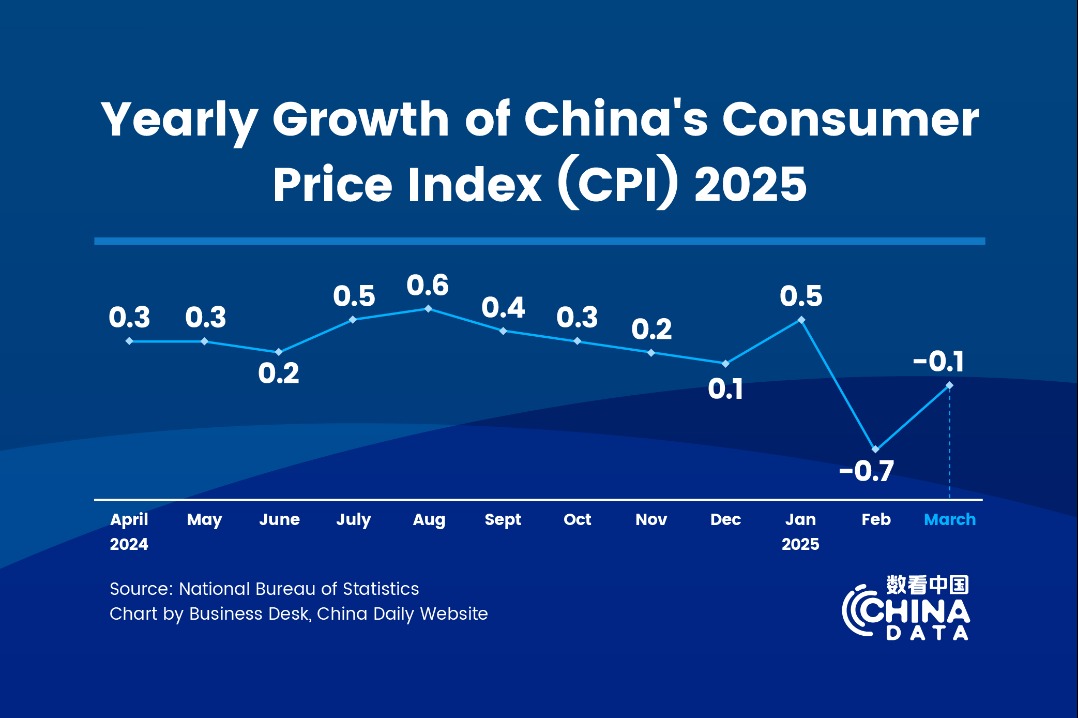China clarifies chip import rules, impacting US firms with domestic fabs


The China Semiconductor Industry Association on Friday clarified regulations governing the origin determination of semiconductors for import declarations, impacting US chip makers that have US-based plants.
The association said, in accordance with the latest rule of the General Administration of Customs, the origin of chips—whether packaged or unpackaged—is defined by the location of wafer tape-out factories.
In electronics design, tape-out is the final stage of the design process for integrated circuits before they are sent for manufacturing.
Under the rule, US fabless companies, meaning those that design chips but don't have their own semiconductor plants like Nvidia, Apple, AMD, Qualcomm, Broadcom, and Marvell will basically not be affected by China's newly announced additional tariffs on the US imports, sources familiar with the matter told China Daily.
Their China-bound chips are primarily fabricated at non-US foundries such as TSMC in China's Taiwan or Samsung in South Korea, with packaging or testing concentrated in Asia. Even if a fraction of their products rely on US-based plants, these companies could pivot production to overseas foundries to mitigate tariff risks, added the sources who seek anonymity.
China raised additional tariffs on all goods imported from the United States to 125 percent on Friday.
In contrast, the policy is expected to disproportionately affect US chip companies with domestic wafer fabs, including Intel, Global Foundries, Texas Instruments, Micron, Analog Devices, Microchip, Skyworks and Qorvo. These firms' China-bound chips produced and tape-outed at US-based plants will possibly face additional tariffs, added the sources.
Under the rule, for example, chips designed by US companies and fabricated in US plants but packaged in Malaysia will now be classified as US-origin, subjecting them to the increased tariffs under ongoing US-China trade measures, sources added.




































